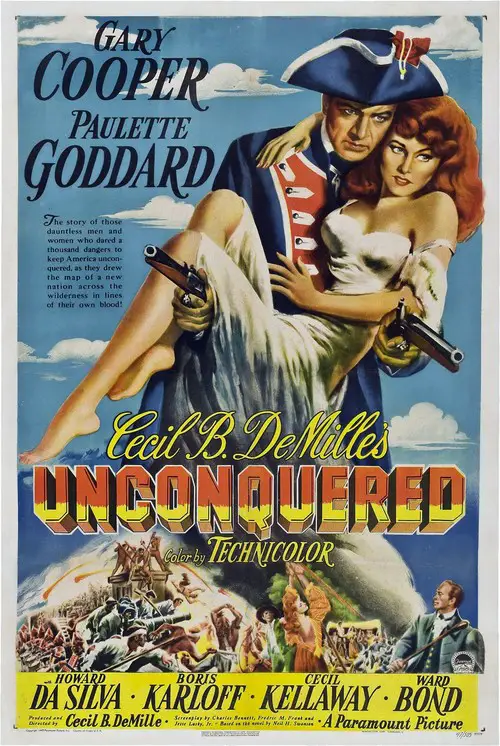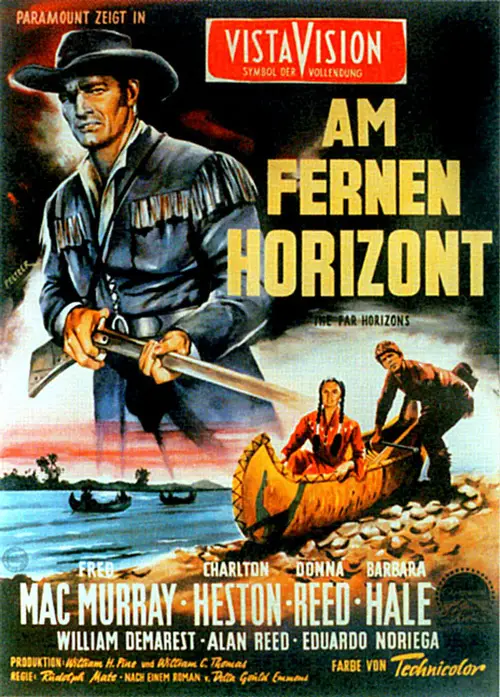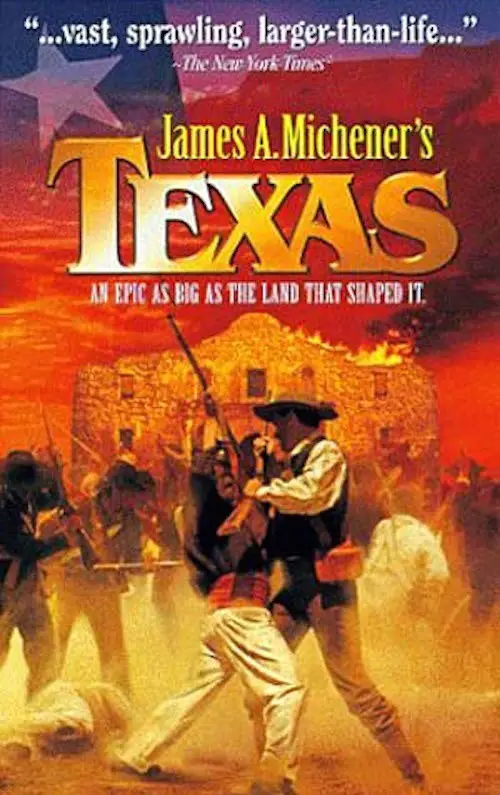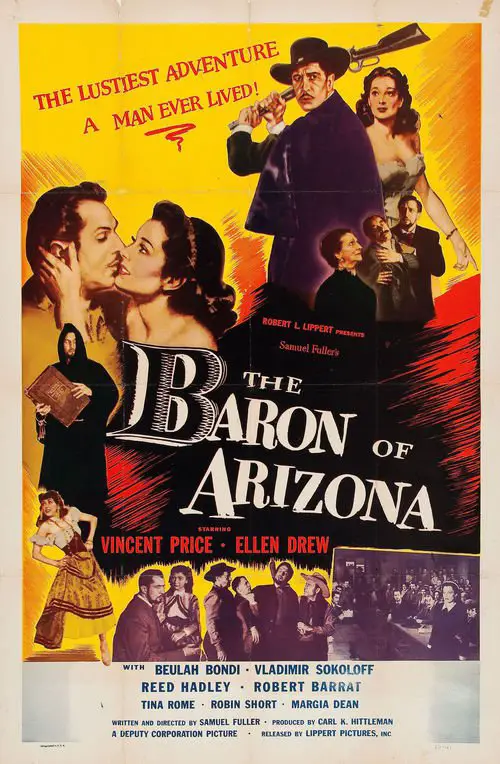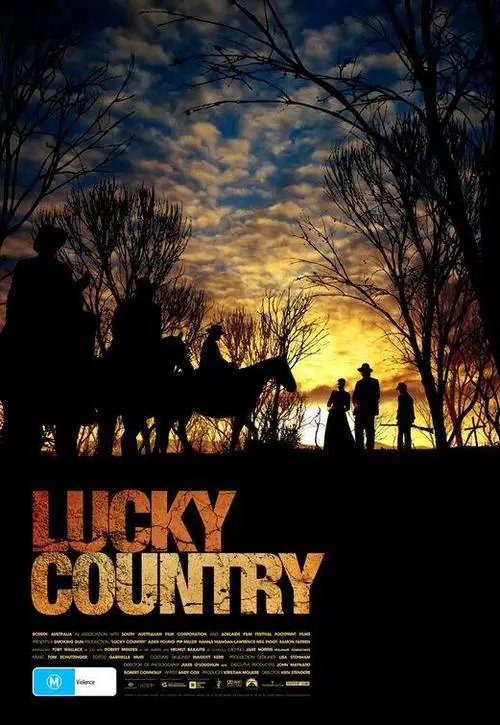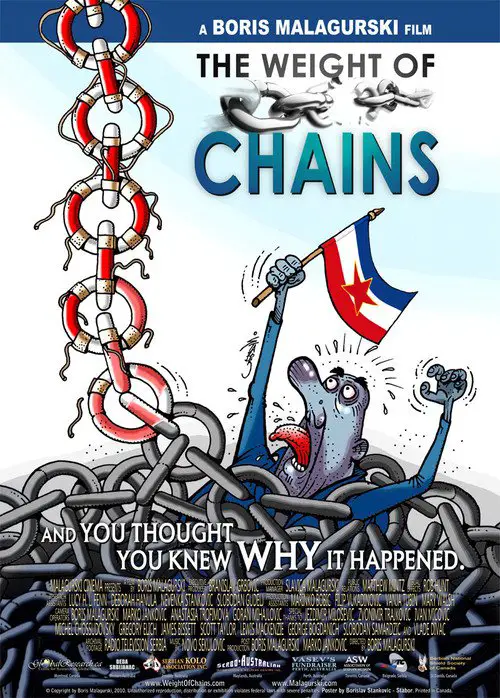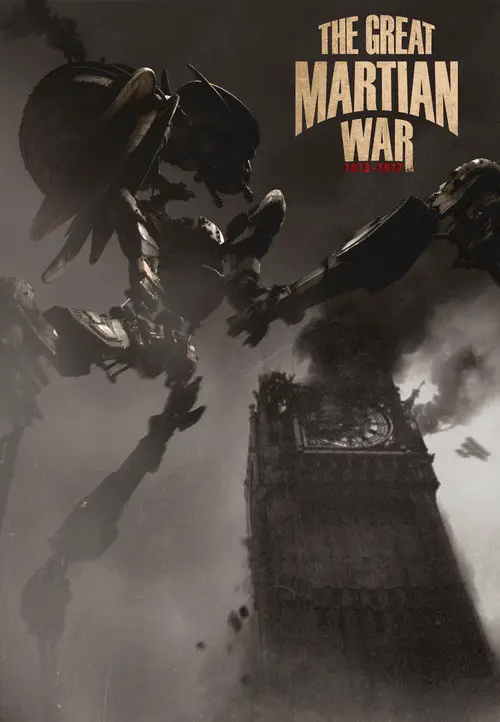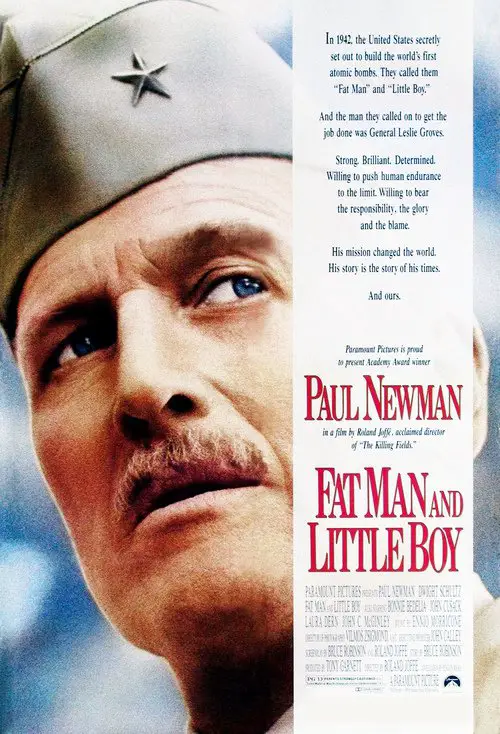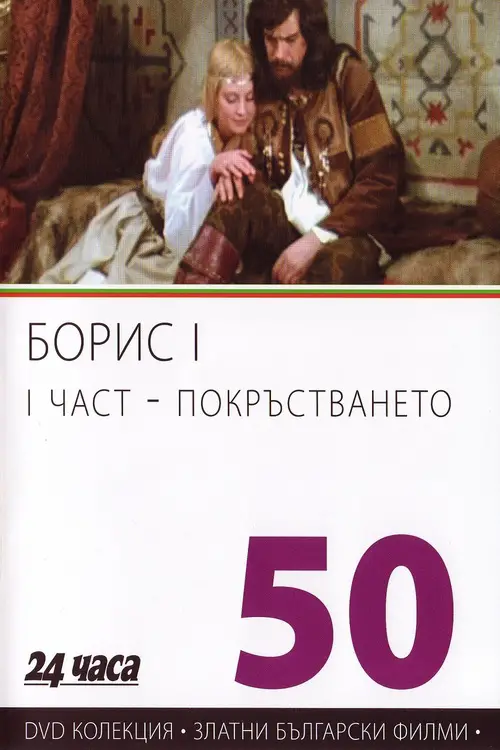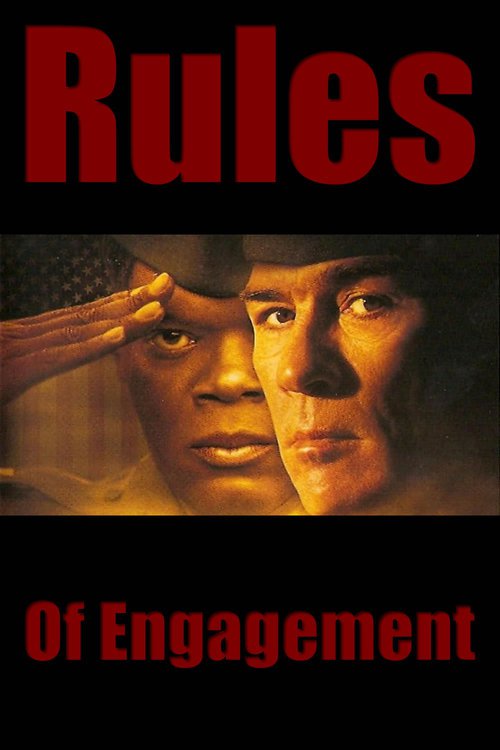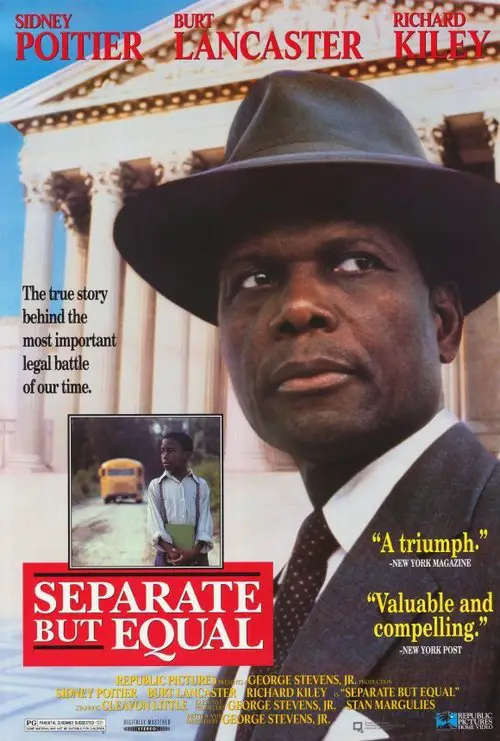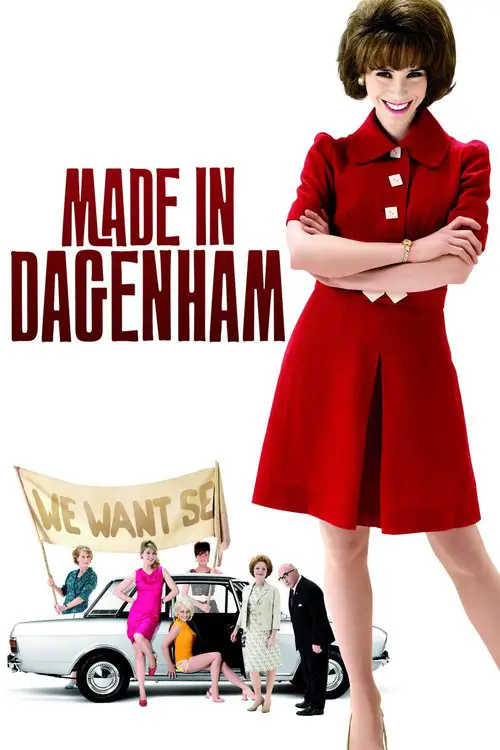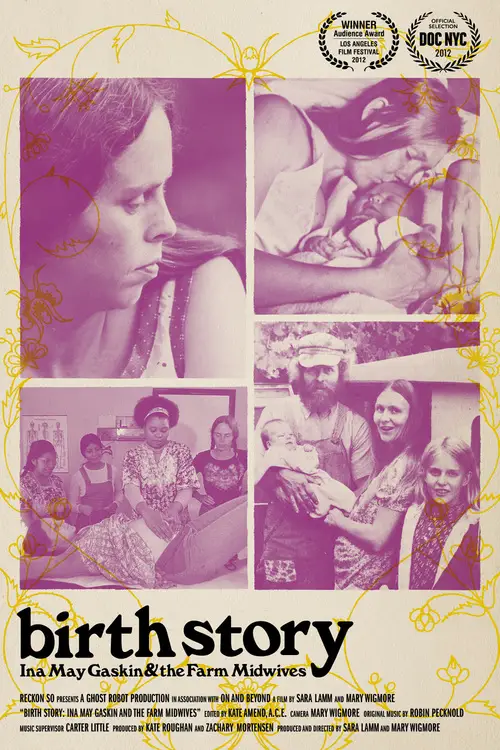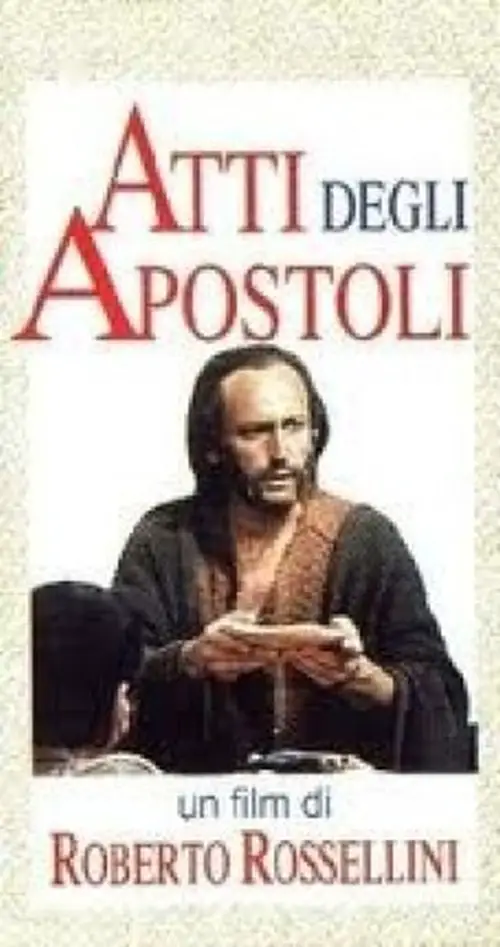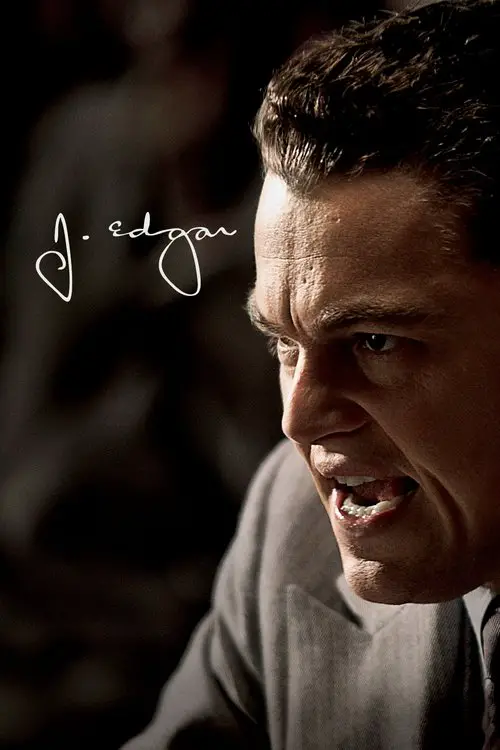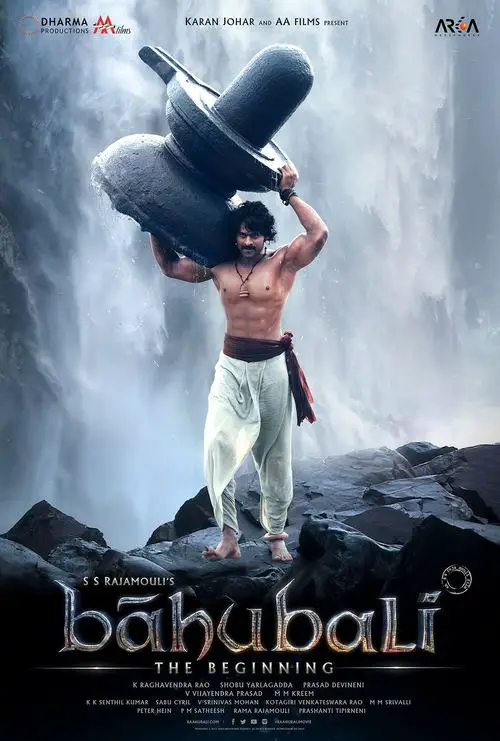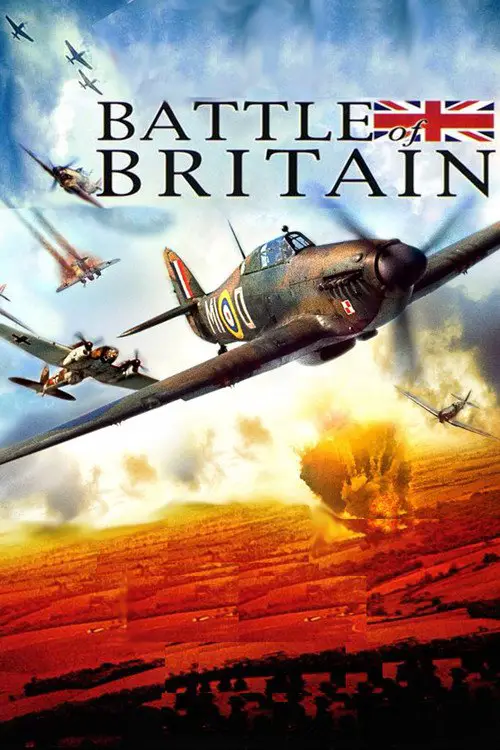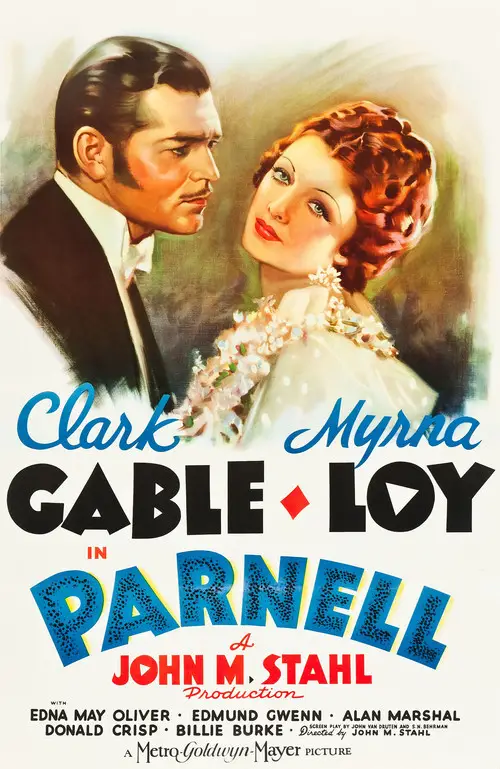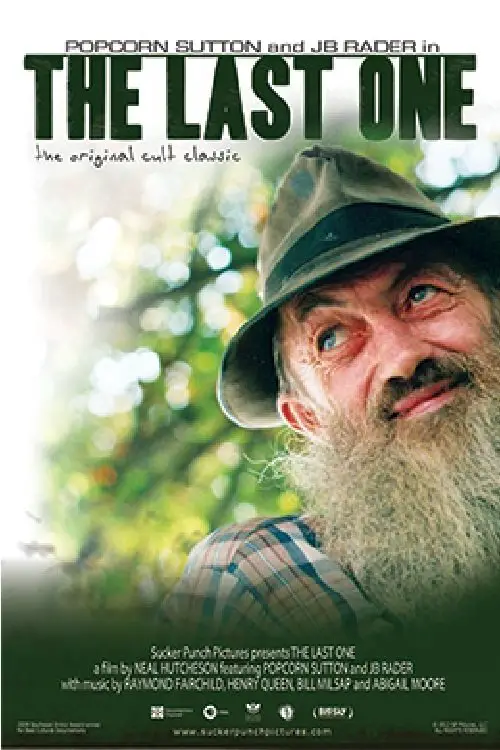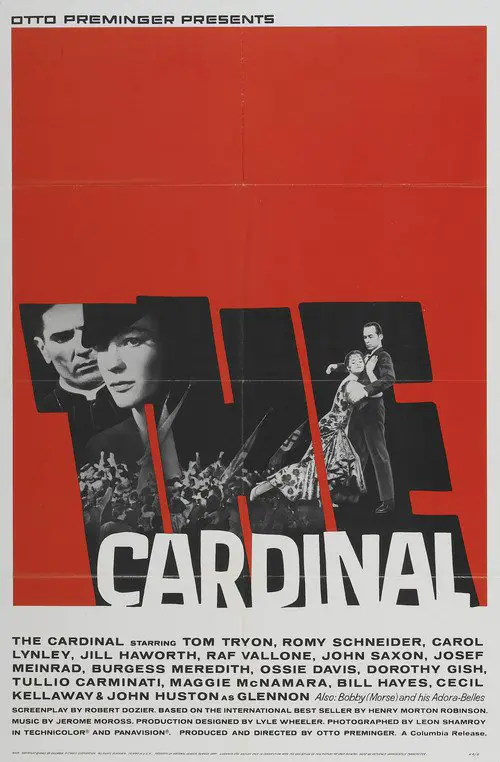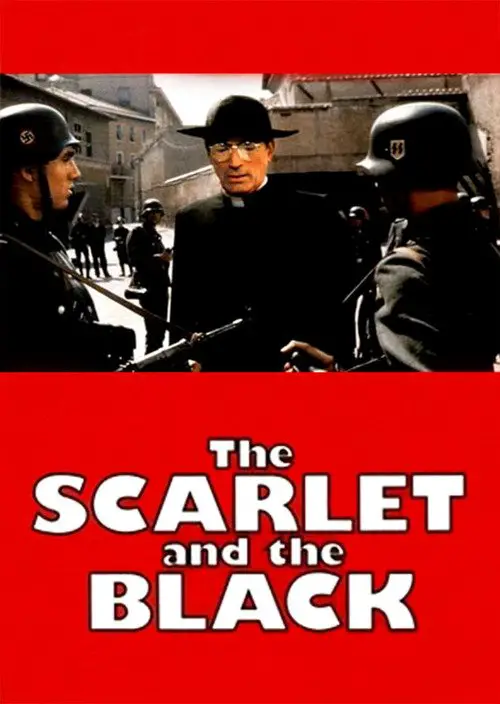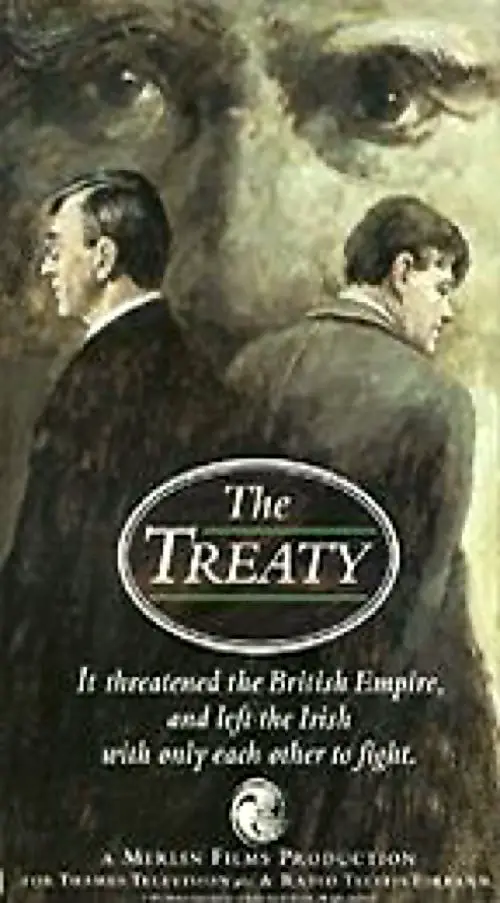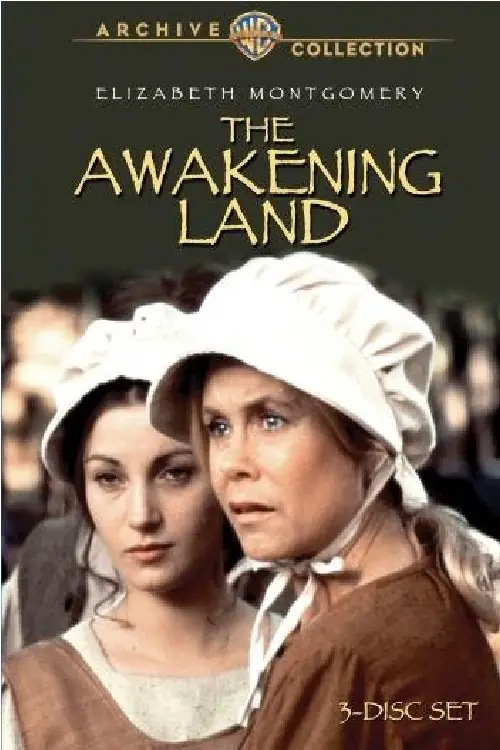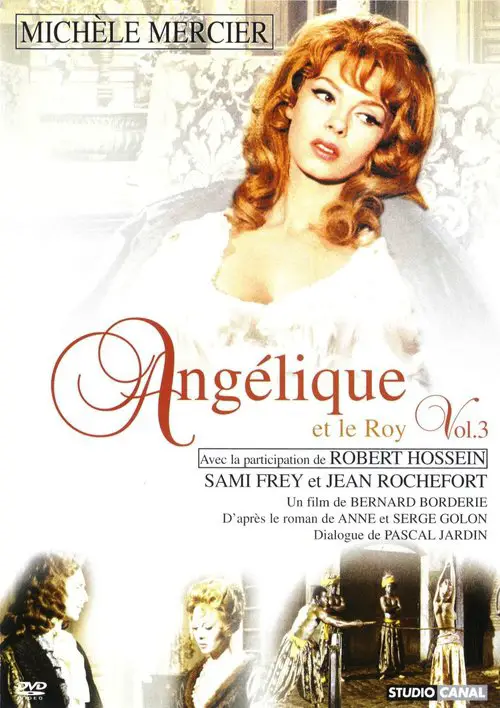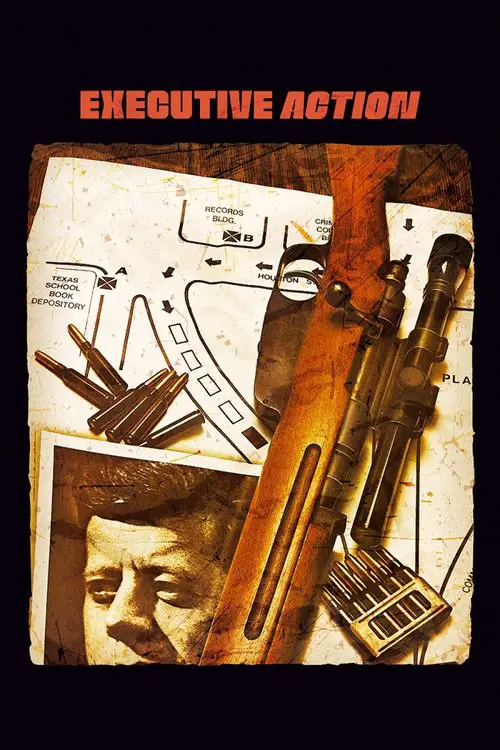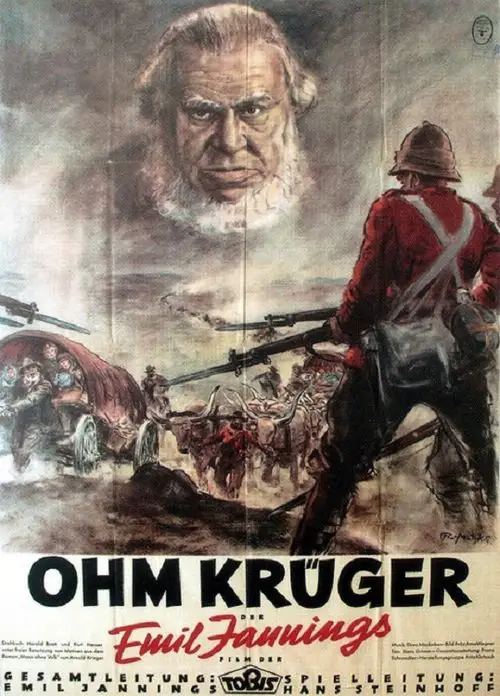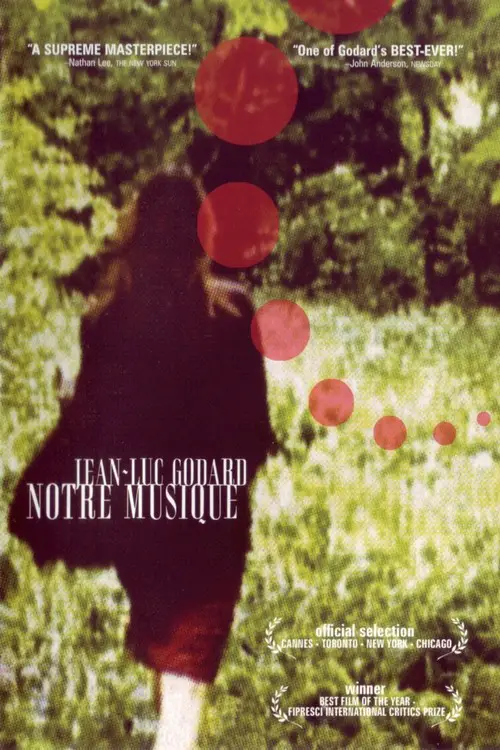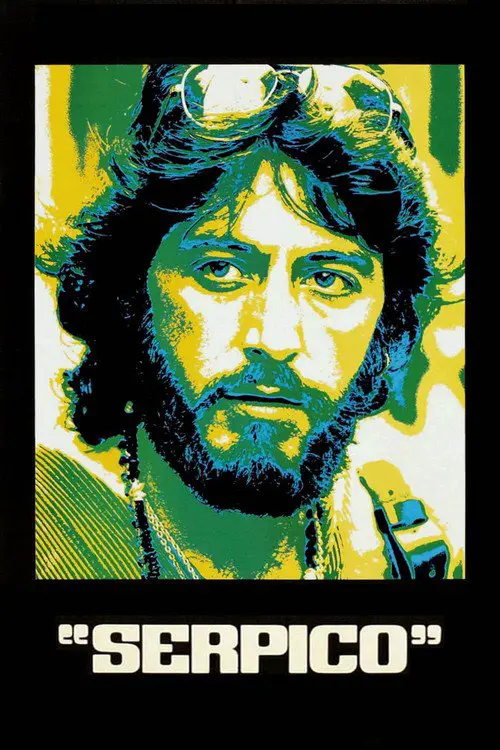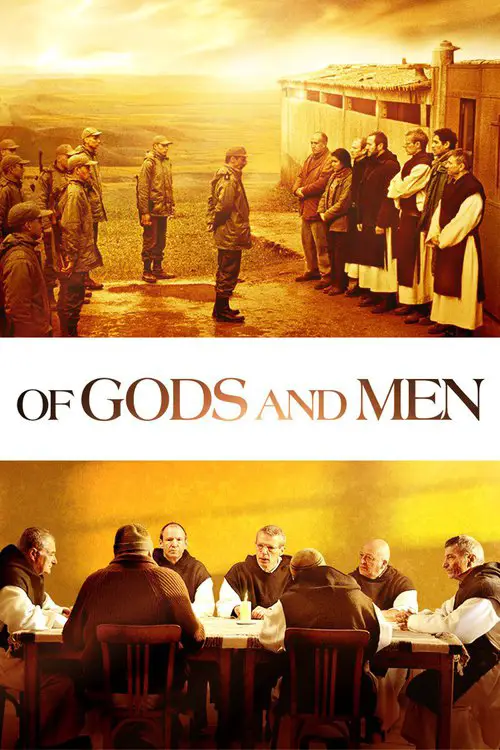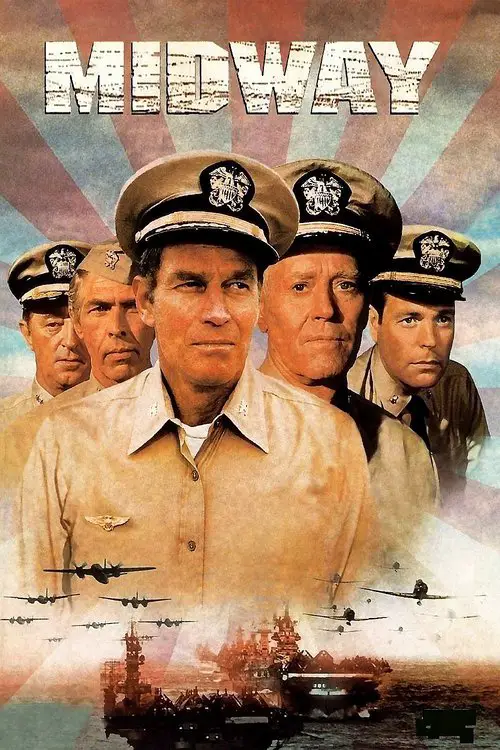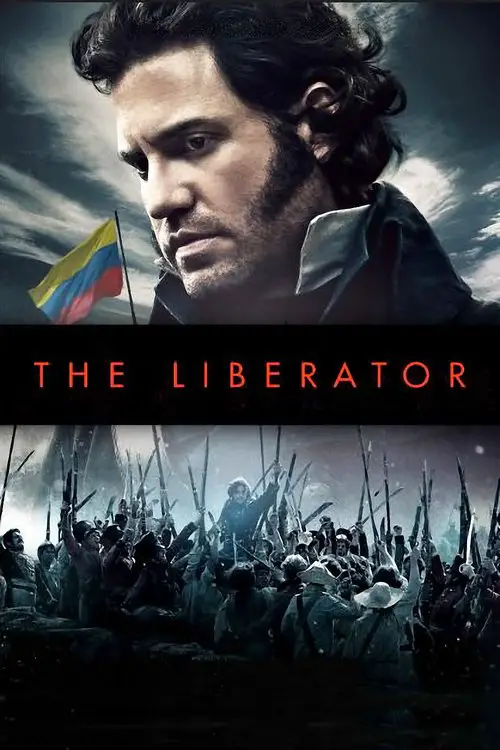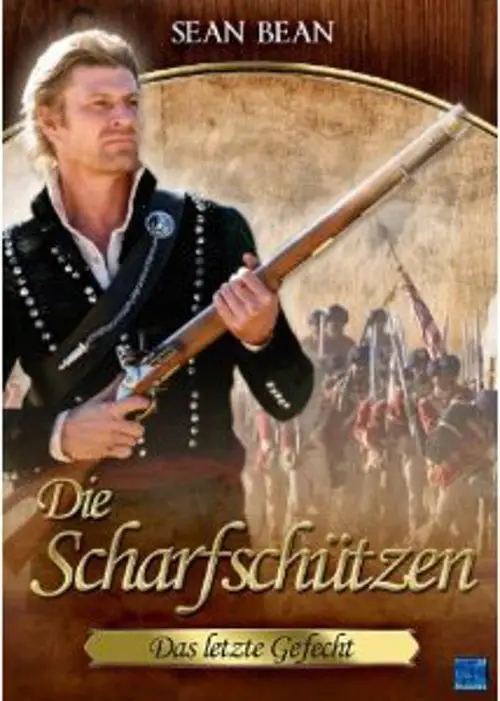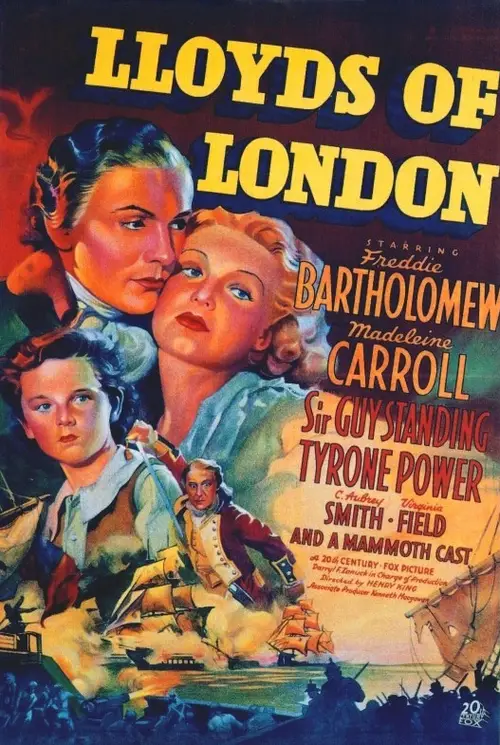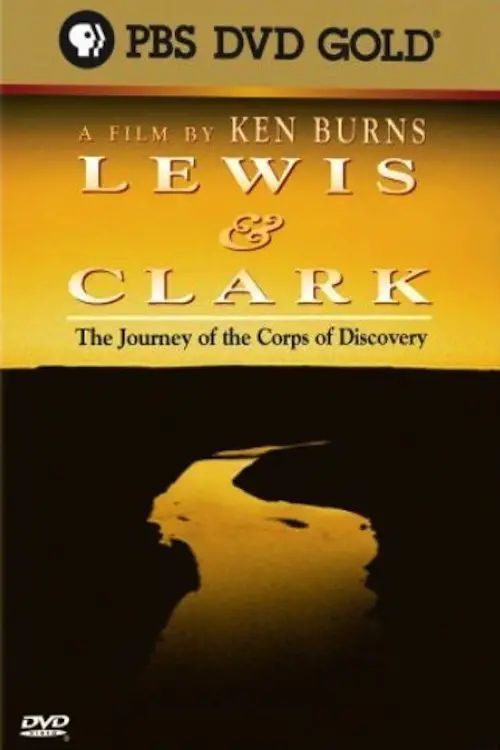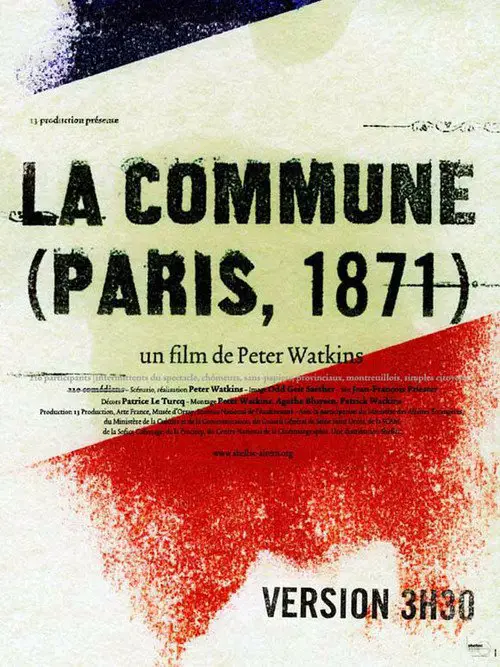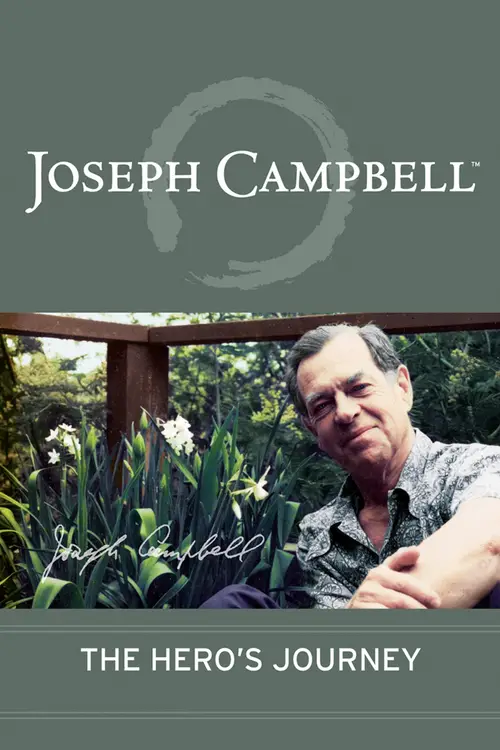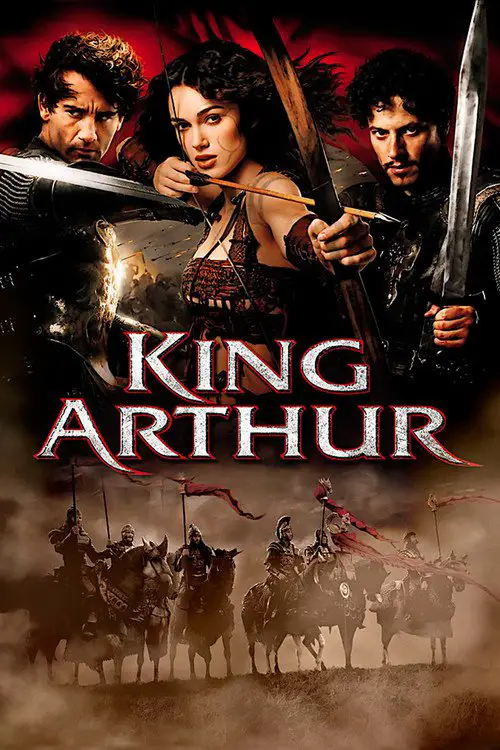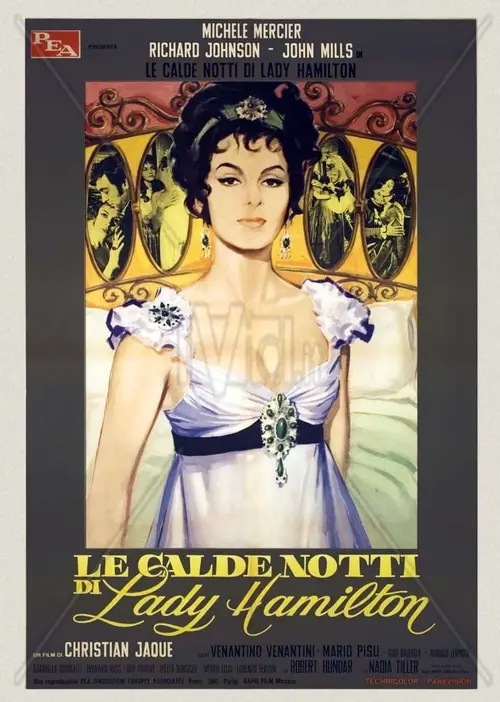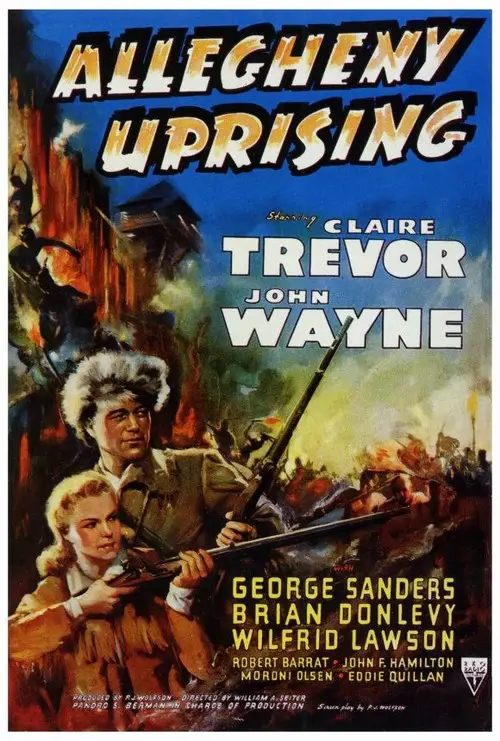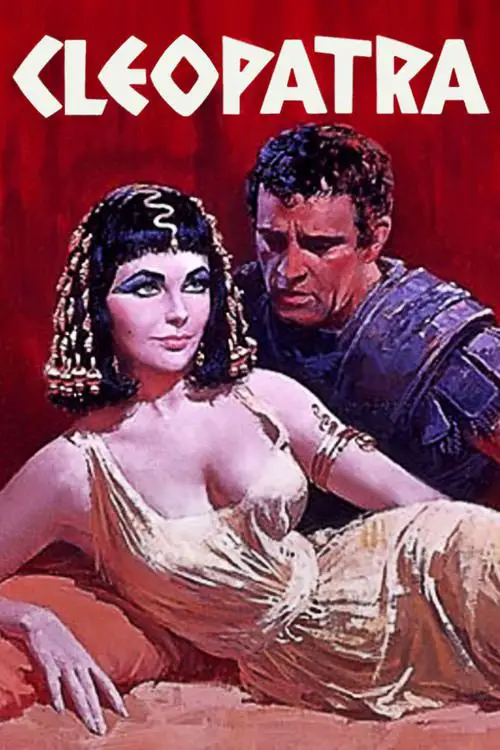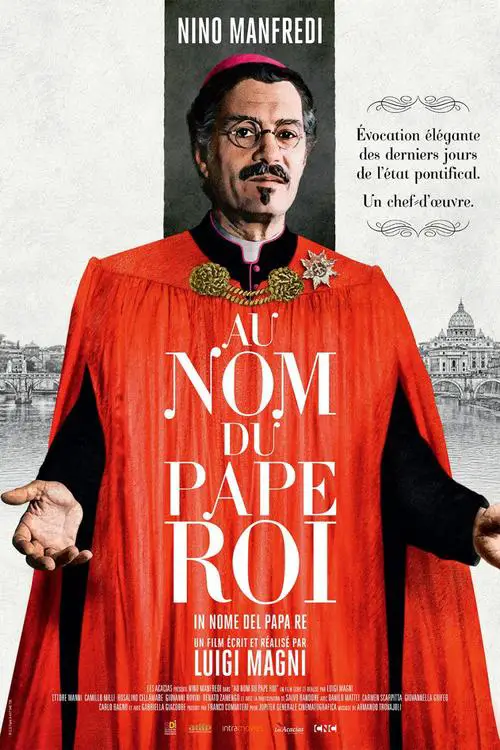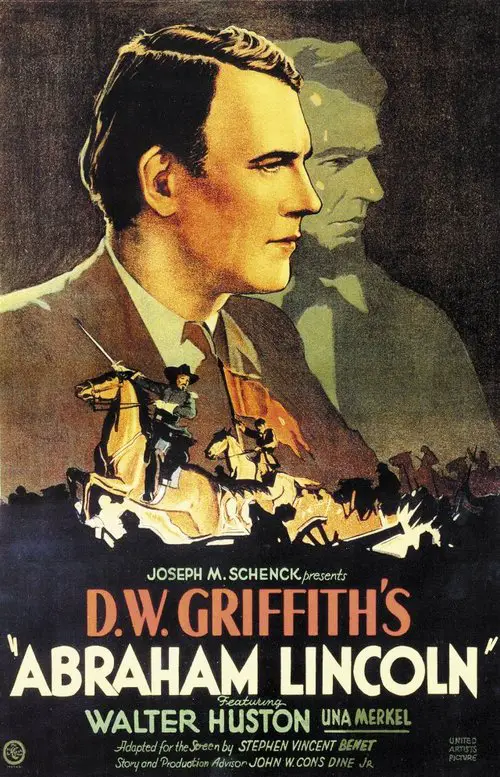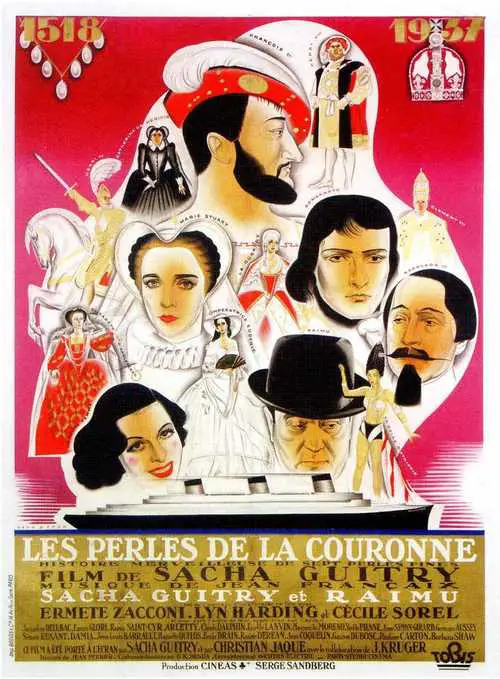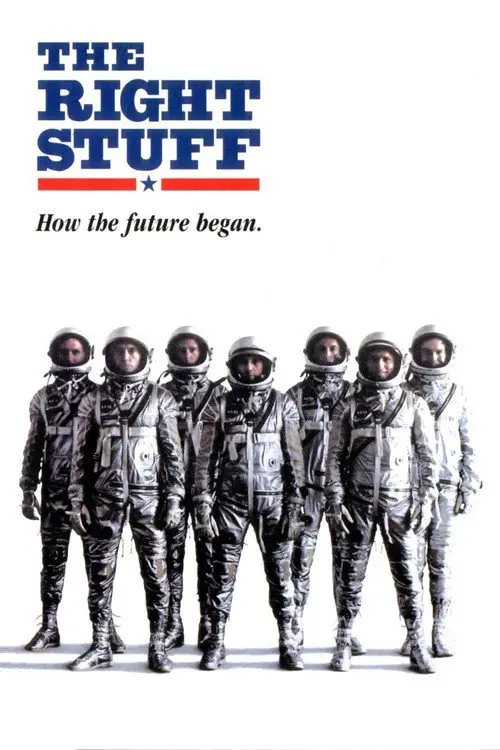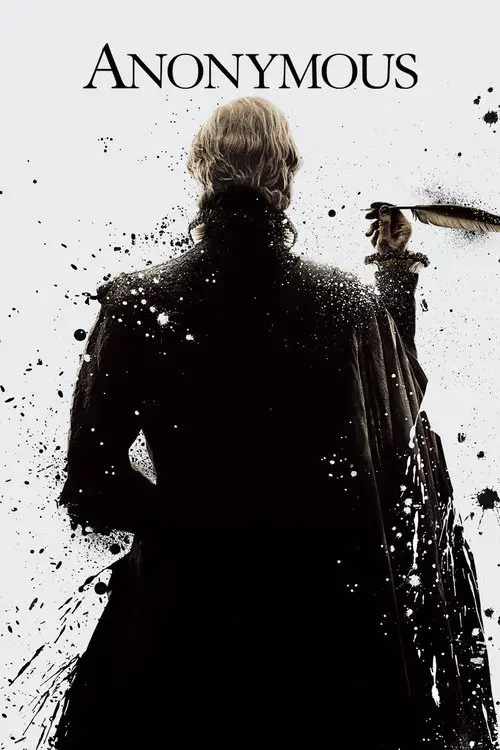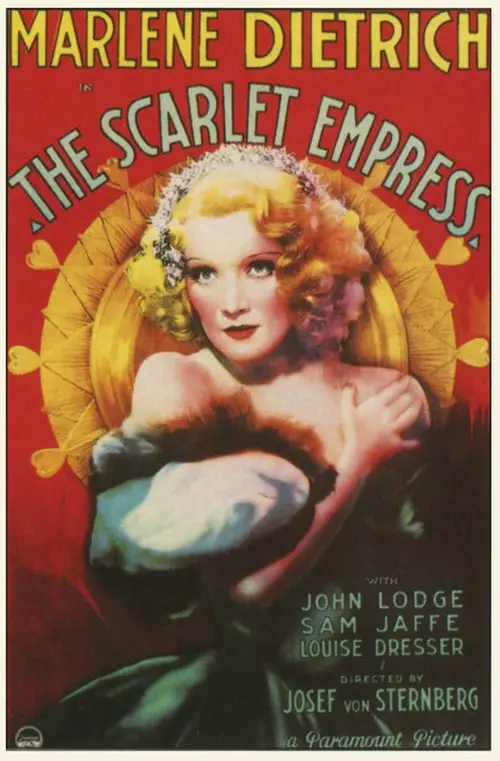Tomahawk (1951)
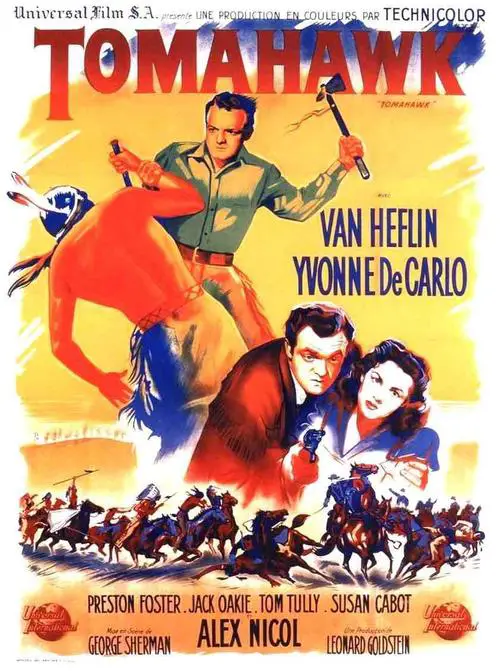
Similar movies
1902....the Australian Federation is a year old. Twelve year-old Tom's father, Nat, has dragged him and his sister, Sarah, to an isolated farm at the edge of the woods. But Nat's dream of living off the land has died and he is losing his grip on sanity. When three ex-soldiers arrive at their cabin one night Tom, like his father, believes they are providence.
After proving himself on the field of battle in the French and Indian War, Benjamin Martin wants nothing more to do with such things, preferring the simple life of a farmer. But when his son Gabriel enlists in the army to defend their new nation, America, against the British, Benjamin reluctantly returns to his old life to protect his son.
The Weight of Chains is a Canadian documentary film that takes a critical look at the role that the US, NATO and the EU played in the tragic breakup of a once peaceful and prosperous European state - Yugoslavia. The film, bursting with rare stock footage never before seen by Western audiences, is a creative first-hand look at why the West intervened in the Yugoslav conflict, with an impressive roster of interviews with academics, diplomats, media personalities and ordinary citizens of the former Yugoslav republics. This film also presents positive stories from the Yugoslav wars - people helping each other regardless of their ethnic background, stories of bravery and self-sacrifice.
Documentary-drama recounting the Martian War of 1913 - 1917. Europe was on tenterhooks in the 2nd decade of the 20th century, everyone was expecting a Great War between the major European powers. But then, in 1913, something crashed into the forests of SW Germany. Troops were sent to investigate but were wiped out. Martian fighting machines began making their way across Western Europe and the countries of Europe combined forces to resist them. With aspects taken from "The War of the Worlds" by H.G. Wells and from WWI itself, this dramatisation presents a documentary style look at events as they unfolded and the effect they had of our world today. Lots of references to real events including the mass attacks and defeats as men were thrown against machines on the Western front, the Christmas truce and the Angel of Mons, America's isolationism and late entry into the conflict, the worldwide "Spanish" flu epidemic that killed more people than the war, and many other things.
The picture features the life and deeds of Boris I - strong historic personality, which completes his mission to the full and at the end of his life receives holy orders. Prince Boris I is ruling in the late 9th century. In his youth, he, the brilliant statesman and diplomat, is experiencing heavy defeats in the wars he wages against his neighbors. Nonetheless, he manages not to cede any territories to the enemies. Under his rule, Bulgaria breaks with paganism and joins the Christian community, paying an exorbitant price, a heavy death toll, but there is no other way. The adoption of Christianity in 864 was a historical event of great significance. It guaranteed Boris I much need peace with the Eastern Roman Empire and allowed him to merge the numerous tribes inhabiting the country into a unified nationality and later to found a state. Boris I introduced the Slav script, thus turning Bulgaria into the cradle of Slav culture.
In 1839, the slave ship Amistad set sail from Cuba to America. During the long trip, Cinque leads the slaves in an unprecedented uprising. They are then held prisoner in Connecticut, and their release becomes the subject of heated debate. Freed slave Theodore Joadson wants Cinque and the others exonerated and recruits property lawyer Roger Baldwin to help his case. Eventually, John Quincy Adams also becomes an ally.
A dramatization of the American court case that destroyed the legal validity of racial segregation. One of the most pivotal moments in 20th century American history is bracingly dramatized in Separate but Equal. In telling the detailed story of the Supreme Court's 1953 decision to abolish racial segregation in schools, this superb 1991 TV movie covers a broad spectrum of issues, never taking its "eyes off the prize" while its first-rate cast conveys the importance of the Supreme Court's ultimately unanimous decision.
Birth Story: Ina May Gaskin and The Farm Midwives captures a spirited group of women who taught themselves how to deliver babies on a 1970s hippie commune. Today as nearly one third of all US babies are born via C-section, they fight to protect their knowledge and to promote respectful, safe maternity practices all over the globe. From the backs of their technicolor school buses, these pioneers rescued American midwifery from extinction, changed the way a generation approached pregnancy, and filmed nearly everything they did. With unprecedented access to the midwives' archival video collection, as well as modern day footage of life at the alternative intentional community where they live, this documentary shows childbirth the way most people have never seen it--unadorned, unabashed, and awe-inspiring.
In 1893, Gandhi is thrown off a South African train for being an Indian and traveling in a first class compartment. Gandhi realizes that the laws are biased against Indians and decides to start a non-violent protest campaign for the rights of all Indians in South Africa. After numerous arrests and the unwanted attention of the world, the government finally relents by recognizing rights for Indians, though not for the native blacks of South Africa. After this victory, Gandhi is invited back to India, where he is now considered something of a national hero. He is urged to take up the fight for India's independence from the British Empire. Gandhi agrees, and mounts a non-violent non-cooperation campaign of unprecedented scale, coordinating millions of Indians nationwide. There are some setbacks, such as violence against the protesters and Gandhi's occasional imprisonment. Nevertheless...
This dramatization from the New Testament originated as a 342-minute, five-part television mini-series; it was subsequently released in a shortened, 280-minute version. In part one, the Apostles call the pilgrims of Jerusalem to be baptized, and Peter (Jacques Dumur) and John (Mohamed Kouka) are arrested by the Sanhedrin but later set free. In part two, Stephen (Zignani Houcine) is stoned for disobeying Mosaic Law, Philip (Bepy Mannaiuolo) baptizes an Ethiopian eunuch, and Saul (Edoardo Torricella) is blinded by the Lord while journeying to Damascus. In part three, Peter baptizes a centurion and Saul, renamed Paul, makes his first mission journey from Antioch in Syria to Pisidian Antioch. In part four, Paul preaches the equality before God of both the circumcised and uncircumcised. In part five, Paul is arrested in Jerusalem and sent to stand trial in Rome.
Smuggled out of the kingdom of Mahishmati as a baby and raised by tribal people in a village located at the foot of a waterfall, Shivudu (Prabhas) is the Bahubali, a human with god-like strength and valor. After repeated attempts to scale the mountains and climb up to the top of the waterfall, Shiva finally achieves his goal, only to encounter Avanthika (Tamannaah), a female warrior and member of a rebel group. He falls in love with Avanthika. Avanthika leads Shiva to his destiny beyond the walls of Mahishmati, where despotic king Bhallala Dev (Rana Daggubati) is installing a 100-foot gold statue of himself. Shiva is royalty and heir to the Mahishmati kingdom. Son of the noble king Amarendra Baahubali (Prabhas in a dual role) and queen Devasena (Anushka Shetty), he is destined to fight the evil king Bhallala Deva, who tortured his parents and forcefully seized their kingdom.
The life of Irish politician Charles Stewart Parnell, following from 1880 onward his struggle to free his country from English rule, pursued in prison, Parliament, and elsewhere. Emphasis is on the relationship with married Katie O'Shea which threatens to bring all Parnell's plans to ruin. Moderately accurate historically.
Deep in the wilds of Southern Appalachia, lifelong moonshiner Popcorn Sutton runs 1 last batch of accurate moonshine whiskey. By means of the exhausting work of clearing the site, building a rock and clay furnace, brewing corn mash and producing high-proof moonshine, Sutton reveals the craft of standard distillation, the character of his Scots-Irish ancestors, and a lifetime of memories in the trade.
Fr. Hugh O'Flaherty is a Vatican official in 1943-45 who has been hiding downed pilots, escaped prisoners of war, and Italian resistance families. His diplomatic status in a Catholic country prevents Colonel Kappler from openly arresting him, but O'Flaherty's activities become so large that the Nazi's decide to assassinate him the next time he leaves the Vatican. O'Flaherty continues his work in a variety of disguises. Based on a true story. Written by John Vogel
Soon after her latest husband death, the King himself (Louis XIV) meets with our heroine and begs her to help convince the Persian Ambassador to agree to a treaty. However, what they didn't realize was that the handsome Persian was in fact a sexual sadist. So, it is up to the King's half- brother, some Hungarian prince, to save Angélique from the evil troll's clutches.
Ohm Krüger (English: Uncle Krüger) is a 1941 German biographical film directed by Hans Steinhoff and starring Emil Jannings, Lucie Höflich and Werner Hinz. It was one of a series of propaganda films produced in Nazi Germany attacking the British. The film depicts the life of the South African politician Paul Kruger and his eventual defeat by the British during the Boer War. It was the first film to be awarded the 'Film of the Nation' award. It was re-released in 1944
British historian and author Niall Ferguson explains how big money works today as well as the causes of and solutions to economic catastrophes in this extended version The Ascent of Money documentary. Through interviews with top experts, such as former Federal Reserve Chairman Paul Volcker and American currency speculator George Soros, the intricate world of finance, including global commerce, banking and lending, is examined thoroughly.
The historical recreation of the 1942 Wannsee Conference, in which Nazi and SS leaders gathered in a Berlin suburb to discuss the "Final Solution to the Jewish Question". Lead by SS-General Reinhard Heydrich, this group of high ranking German officials came to the historic and far reaching decision that the Jews of Europe were to be exterminated in what would come to be known as the Holocaust.
Jean-Luc Godard's poetic meditation on war, violence and defeat. The film is structured in three parts. The three segments are "Hell", "Purgatory", and "Heaven". The first segment is a montage of war images from documentary and fictional sources. The second concerns two young Jewish women attending a European arts conference in Sarajevo. The final segment concerns the after life.
When Norwegian resistance leader Lieutenant Erik Bergman reports the location of a German V-2 rocket fuel plant, the Royal Air Force's 633 Squadron is assigned the mission to destroy it. The plant is in a seemingly-impregnable location beneath an overhanging cliff at the end of a long, narrow fjord lined with anti-aircraft guns. The only way to destroy the plant is by collapsing the cliff on top of it.
Serpico is a 1973 American biopic directed by Sidney Lumet and starring Al Pacino. It's based on Peter Maas' biography of NYPD officer Frank Serpico, who went undercover to expose corruption in the force. The film and its principals were nominated for numerous awards, and together with Scarecrow, which was released the same year, it marked the big breakthrough for Al Pacino. The film was also a commercial success.
French drama based on the 1996 kidnapping and killing of seven monks in Algeria. A group of Trappist monks reside in the monastery of Tibhirine in Algeria, where they live in harmony with the largely muslim population. When a bloody conflict between Algeria's army and Muslim Jihadi insurgents disrupts the peace, they are forced to consider fleeing the monastery and deserting the villagers they have ministered to. In the face of deadly violence the monks wrestle with their faith and their convictions, eventually deciding to stay and help their neighbours keep the army and the insurgents at bay.
A sprawling war film, Midway stars nearly every actor who wasn't in A Bridge Too Far. Charlton Heston, Toshirô Mifune, Robert Mitchum and Henry Fonda are among the familiar faces depicting the American and Japanese forces in a naval battle that became the turning point of the Pacific war. Using some real wartime footage, Midway provides an exciting view of a gigantic battle.
BolÃvar was instrumental in Latin Americaâs struggle for independence from the Spanish Empire, and is today considered one of the most influential politicians and emancipators in American history. Libertador is told from the viewpoint of BolÃvar, portrayed by RamÃrez, about his quests and epic military campaigns, which covered twice the territory Alexander the Great conquered, and his vision to unify South America.
Sean Bean is back as the swashbuckling hero in Sharpe's Challenge, an action packed mini-series to be shot on location in Rajasthan, India. Two years after the Duke of Wellington crushes Napoleon at Waterloo, dispatches from India tell of a local Maharaja, Khande Rao, who is threatening British interests there. Wellington sends Sharpe to investigate on what turns out to be his most dangerous mission to date. When a beautiful general's daughter is kidnapped by the Indian warlord, the tension mounts, leaving Sharpe no option but to pursue the enemy right into its deadly lair. Deep in the heart of enemy territory he also has to keep at bay the beautiful but scheming Regent, Madhuvanthi, who is out to seduce him. The fate of an Empire and the life of a General's daughter lie in one man's hands...
Sent by President Thomas Jefferson to find the fabled Northwest Passage, Meriwether Lewis and William Clark led the most important expedition in American historyâ a voyage of danger and discovery from St. Louis to the headwaters of the Missouri River, over the Continental Divide to the Pacific. It was the United States' first exploration of the West and one of the nation's most enduring adventures. This extraordinary film tells the remarkable story of the entire Corps of Discoveryâ not just the two famous Captains, but the young army men, French-Canadian boatmen, Clark's African-American slave, and the Shoshone woman named Sacagawea, who brought along her infant son. Journey with them all, across a breath-taking landscape in an unforgettable experience that explores both the historyâ and promiseâ of America.
We are in the year 1871. A journalist for Versailles Television broadcasts a soothing and official view of events while a Commune television is set up to provide the perspectives of the Paris rebels. On a stage-like set, more than 200 actors interpret characters of the Commune, especially the Popincourt neighbourhood in the XIth arrondissement. They voice their own thoughts and feelings concerning the social and political reforms. The scenes consist mainly of long camera takes.
One of the greatest storytellers of our time, and arguably the greatest mythologist, Joseph Campbell spent most of his long, rich career explaining how ancient myths like the Heroâs Journey are relevant to modern life. In understanding the importance of myth as a vital, vibrant source of "mankindâs one great story," Campbell inspired others to embark on a quest for the meaning of myth in their own lives. This biographical portrait, filmed shortly before his death in 1987, follows Campbellâs personal questâa pathless journey of questioning, discovery, and ultimately of delight and joy in a life to which he said, "Yes."
This 2004 version of the Arthurian legend is different from the traditional, as it is loosely based on the "Sarmatian hypothesis", formulated by C. Scott Littleton and Ann C. Thomas in 1978, which holds that the Arthurian legend has a historical nucleus in the Sarmatian heavy cavalry troops stationed in Britain, and that the Roman-British military commander Lucius Artorius Castus is the historical person behind the legend.
Emma Hamilton is a 1968 historical drama film directed by Christian-Jaque and starring Michèle Mercier, Richard Johnson and John Mills.[1] It was based on the novel La San-Felice by Alexandre Dumas and depicts the love affair between Emma Hamilton and Horatio Nelson. It was a co-production between Italy, West Germany, France and the United States.
Spartacus is a 1960 American historical drama film directed by Stanley Kubrick and based on the novel of the same name by Howard Fast about the historical life of Spartacus and the Third Servile War. The film stars Kirk Douglas as the rebellious slave Spartacus who leads a violent revolt against the decadent Roman empire. The film was awarded four Oscars and stands today as one of the greatest classics of the Sword and Sandal genre.
Allegheny Uprising is a 1939 film produced by RKO Pictures, starring Claire Trevor and John Wayne as pioneers of early American expansion in south central Pennsylvania. Clad in buckskin and a coonskin cap (as he would be a decade later in The Fighting Kentuckian), Wayne plays real-life James Smith, an American coping with British rule in colonial America. The film is loosely based on a historical event known as the Black Boys Rebellion during the 1760s.
Ponner Sankar is based on historical novel written by Kalangir M. Karunanidhi. Story is about the two warriors, both are brothers named Ponner and Sankar living in Kongu Nadu (present day Coimbatore, Erode etc..). This is a historical movie and these two warriors are even worshipped today at most of the above mentioned part of Tamil Nadu.
Historical epic. The triumphs and tragedy of the Egyptian queen, Cleopatra.The winner of four Oscars, this epic saga of love, greed and betrayal stars Elizabeth Taylor as the passionate and ambitious Egyptian queen who's determined to hold on to the throne and seduces the Roman emperor Julius Caesar (Rex Harrison). When Caesar is murdered, she redirects her attentions to his general, Marc Antony (Richard Burton), who vows to take power -- but Caesar's successor (Roddy McDowall) has other plans.
In 1867, with Garibaldi's forces close to bringing Rome into the Italian kingdom, Monsignor Colombo da Priverno, a world-weary judge on the papal court, wants to resign, disgusted by the violence to which the papacy resorts to hold secular power. That night, three rebels blow up the Zouaves' barracks. Colombo learns that a brief liaison with a countess 20 years' before produced a son, one of the rebels arrested for the bombing. He uses his influence to gain the youth's release, hides him, and then engages in doomed battles of wit with the court and with the Black Pope to free the other two. Can this priest be a father, blunt power, and live out his faith?
Silent film master D.W. Griffith's first talkie works as a companion piece to his classic BIRTH OF A NATION, providing a detailed biographical sketch of the 16th president. We see his birth in a log cabin, the tragic death of his first love, Ann Rutledge (Una Merkel), his debates with Douglas, his accepting of the presidency, the terrible toll of the Civil War, and finally the tragic assassination at Ford's Theater. Griffith shows his usual meticulous attention to period detail, and the framing of the various vignettes has the feel of historical photographs come to life. Walter Huston is excellent in the title role, with a portrayal that subtly evolves from laconic, wizened rascal to noble elder statesman. This is a fascinating, worthy film, and an interesting historical document in and of itself.
Tom Wolfe's book on the history of the U.S. Space program reads like a novel, and the film has that same fictional quality. It covers the breaking of the sound barrier by Chuck Yeager to the Mercury 7 astronauts, showing that no one had a clue how to run a space program or how to select people to be in it. Thrilling, funny, charming and electrifying all at once.
© Valossa 2015–2026
| Privacy Policy
